Cats are often seen as independent and low-maintenance pets, but they are more sensitive than they appear. Much like humans, they have their own set of emotions and needs. When these needs aren’t met, they can experience stress, which manifests in various ways. Understanding the habits that contribute to feline stress can help cat owners create a more harmonious environment for their furry companions.
Ignoring Their Need for Personal Space
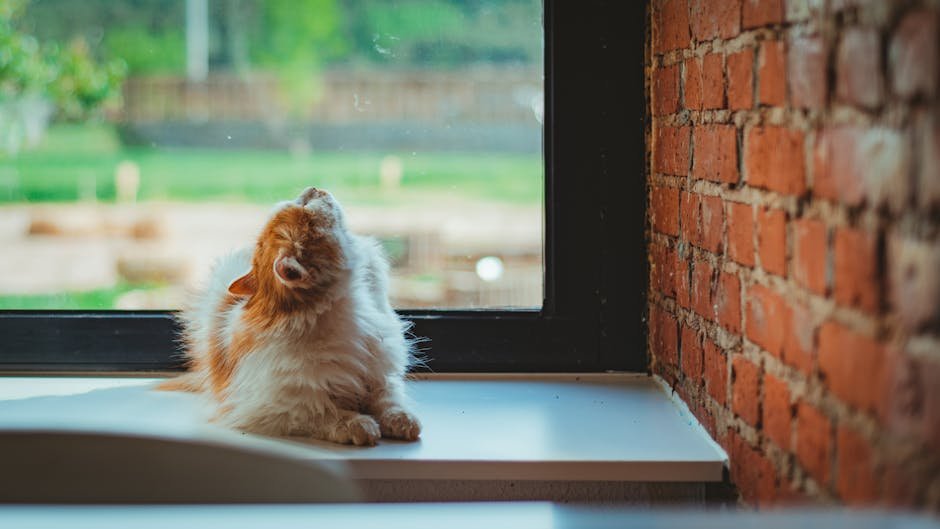
Cats are known for their independent nature, and one of their core needs is having personal space. Unlike dogs, who often crave constant attention, cats enjoy having their own territory where they can retreat and relax. When humans intrude on this space too frequently, it can cause anxiety and stress. Consider it similar to when someone invades your personal space without permission; it can be uncomfortable and unsettling. It’s crucial to respect your cat’s boundaries and allow them the time to recharge on their own terms.
Inconsistent Feeding Schedules
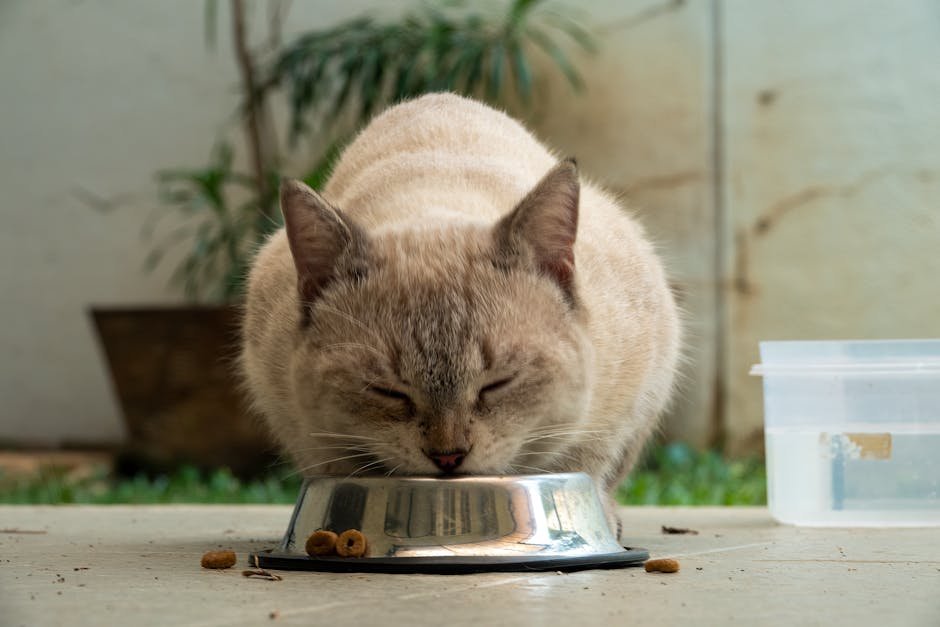
Cats are creatures of habit, and they thrive on routine. An inconsistent feeding schedule can be a significant source of stress for your feline friend. Imagine if your meal times were suddenly unpredictable; it would be a constant source of worry. Cats rely on their human companions to provide regular meals, and when this routine is disrupted, it can lead to anxiety. Establishing and adhering to a consistent feeding schedule can help mitigate this stress.
Loud Noises and Sudden Movements
Cats have acute senses and are highly sensitive to loud noises and sudden movements. These can be extremely disruptive and frightening for them. Think of it as being in a peaceful room and suddenly hearing a loud bang—it’s jarring and unsettling. Activities like vacuuming, loud music, or sudden, erratic movements can cause cats to become stressed. Providing a quiet and stable environment will help them feel more secure.
Overcrowding in Their Space
While some cats are social and enjoy the company of other animals, many prefer solitude or limited interaction. Overcrowding their space with too many pets or people can lead to stress. Imagine living in a small apartment with too many roommates; it can become overwhelming. Cats need their own space to retreat to when they feel the need. Ensuring they have a safe, quiet corner can help alleviate this stress.
Neglecting Mental and Physical Stimulation
Cats are intelligent creatures that need mental and physical stimulation to stay healthy and happy. When they are left without toys, climbing structures, or interactive play, they can become bored and stressed. It’s similar to being stuck in a room with nothing to do; it can feel stifling. Providing toys, puzzles, and regular playtime can help keep their minds and bodies active.
Frequent Changes in Environment
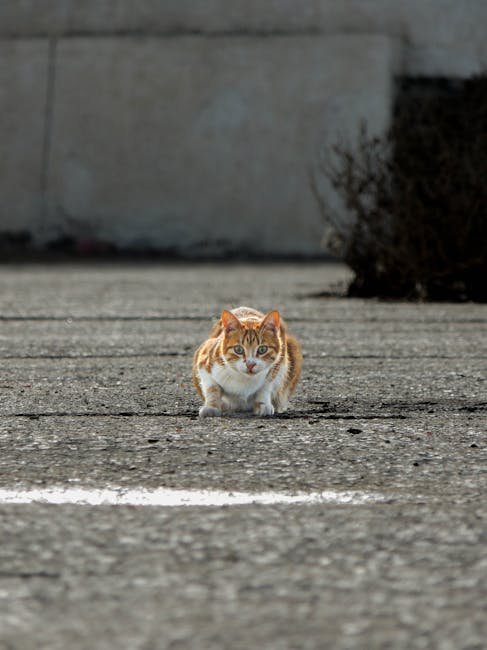
Cats are not fans of change, and frequent alterations in their environment can cause significant stress. Relocating their litter box, moving furniture, or introducing new elements can be unsettling. Imagine if your home was constantly being rearranged; it would be difficult to feel settled. Maintaining a stable environment and making changes gradually can help cats adjust more comfortably.
Lack of Affection and Attention
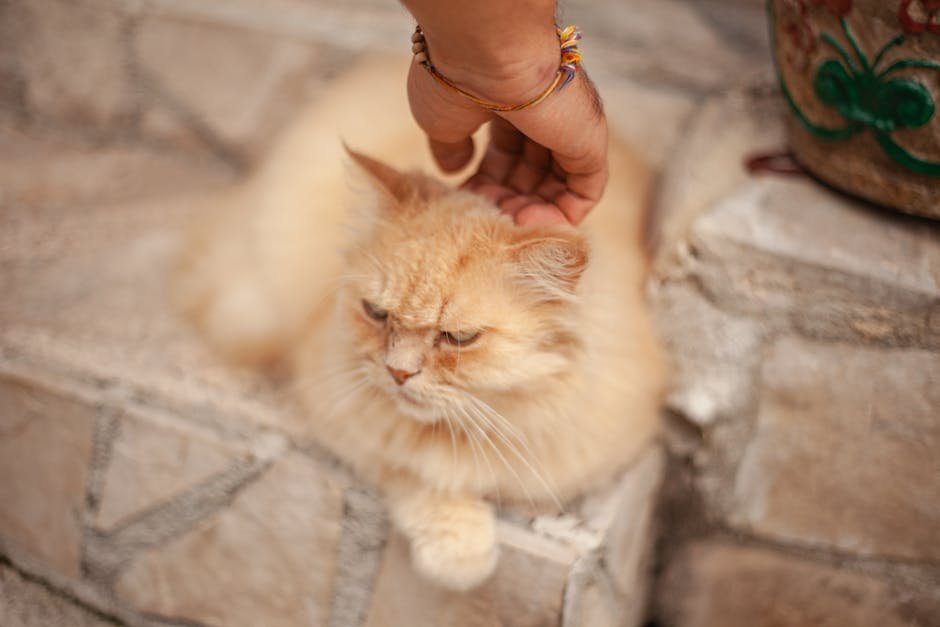
While cats are independent, they still require affection and attention from their human companions. Ignoring them for long periods can lead to feelings of neglect and stress. It’s akin to being in a room full of people but feeling invisible; it can be isolating. Regular interaction and affection, such as petting and talking to them, can reassure your cat of their importance in your life.
Inappropriate Handling
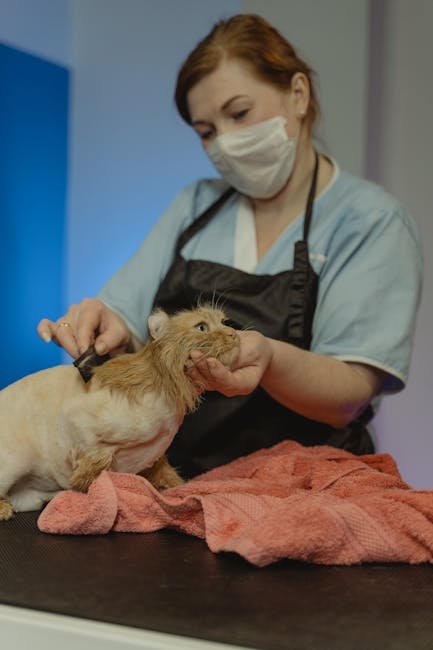
Cats are delicate animals, and improper handling can cause them stress and discomfort. Picking them up incorrectly, or handling them too roughly, can be distressing. It’s like being hugged too tightly; it’s uncomfortable and can be scary. Learning the proper ways to handle and interact with your cat can help them feel safe and secure.
Exposure to Unfamiliar Animals
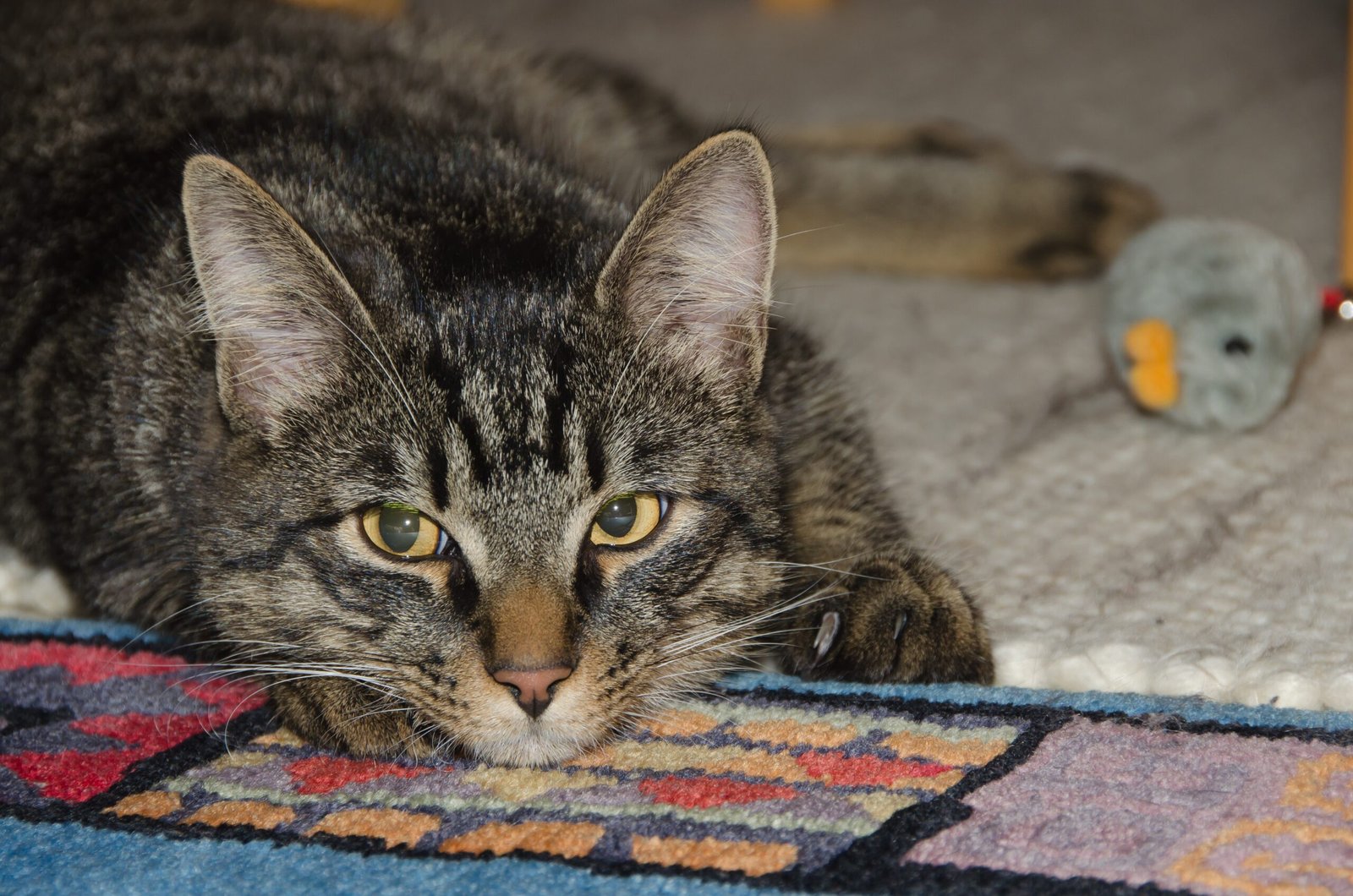
Introducing a new animal to your home can be a significant source of stress for your cat. They may feel threatened or territorial when faced with an unfamiliar creature. It’s similar to meeting a stranger in your safe space; it can be unsettling. Introducing new pets gradually and allowing your cat to adjust at their own pace can help ease this stress.
Ignoring Their Health Needs
Neglecting a cat’s health needs, such as regular veterinary check-ups, can lead to stress and anxiety. Cats can’t communicate discomfort or pain, so it’s essential to be proactive about their health. Imagine having a nagging health issue with no way to address it; it would be frustrating and stressful. Regular veterinary visits and attention to any changes in behavior or appearance can help ensure your cat remains healthy and stress-free.
Recognizing these habits and making conscious efforts to address them can significantly improve your cat’s quality of life. By providing a stable, respectful, and loving environment, you can help reduce stress and create a happier home for your feline companion.
Hi, I’m Bola, a passionate writer and creative strategist with a knack for crafting compelling content that educates, inspires, and connects. Over the years, I’ve honed my skills across various writing fields, including content creation, copywriting, online course development, and video scriptwriting.
When I’m not at my desk, you’ll find me exploring new ideas, reading books, or brainstorming creative ways to solve challenges. I believe that words have the power to transform, and I’m here to help you leverage that power for success.
Thanks for stopping by, Keep coming to this website to checkout new articles form me. You’d always love it!






